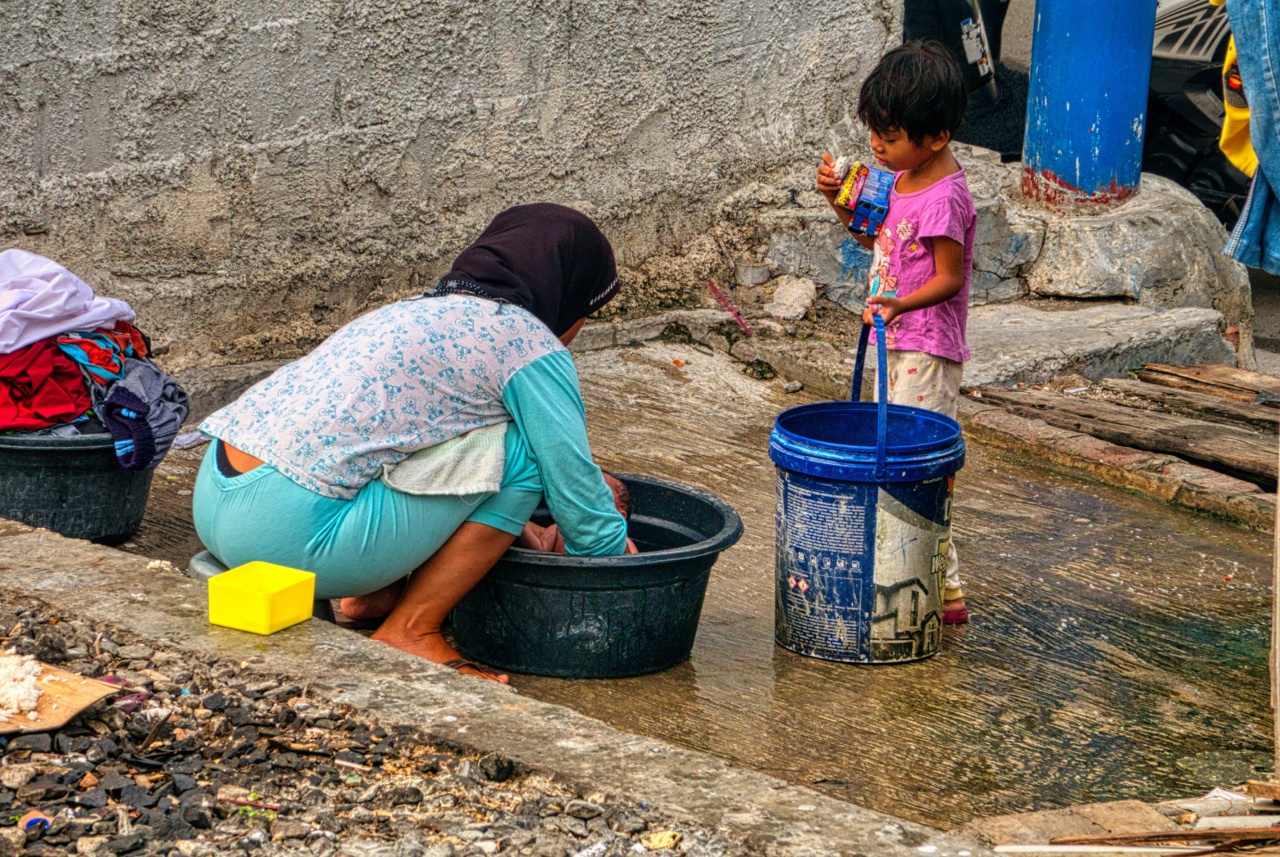Baby rhinitis is a common condition that affects infants and young children. It is characterized by inflammation and irritation of the nasal passages, leading to symptoms such as a runny nose, sneezing, and nasal congestion.
This can be distressing for both the child and the parents, but understanding the causes, symptoms, and treatment options can help manage this condition effectively.
Causes of Baby Rhinitis
There are several factors that can contribute to the development of rhinitis in babies, including:.
- Viral Infections: The most common cause of rhinitis in infants is viral infections, such as the common cold. These infections can lead to inflammation of the nasal passages and increased mucus production.
- Allergens: Some babies may develop rhinitis due to exposure to allergens, including dust mites, pet dander, pollen, or certain foods. Allergens can trigger an allergic reaction, causing nasal congestion and other symptoms.
- Environmental Irritants: Irritants such as cigarette smoke, strong odors, or pollutants in the air can also cause rhinitis in babies. These irritants can irritate the sensitive nasal passages, leading to inflammation and congestion.
- Airborne Irritants: Certain airborne irritants, such as smoke or chemicals, can irritate the nasal passages and trigger rhinitis symptoms.
- Weather Changes: Some babies may experience rhinitis symptoms during certain weather conditions, such as cold temperatures or dry climates.
Symptoms of Baby Rhinitis
Baby rhinitis can present with various symptoms, including:.
- Runny Nose: Excessive nasal discharge, which can be clear, thick, or colored.
- Nasal Congestion: Blocked or stuffy nose, making it difficult for the baby to breathe through the nose.
- Sneezing: Frequent sneezing to clear the nasal passages.
- Coughing: Mild cough may be present due to postnasal drip.
- Difficulty Sleeping: Nasal congestion can disrupt the baby’s sleep, leading to restlessness and irritability.
- Decreased Appetite: Difficulty feeding due to nasal congestion and decreased sense of smell and taste.
- Irritability: Babies with rhinitis may become fussy and irritable due to discomfort caused by their symptoms.
Diagnosing Baby Rhinitis
If your baby is experiencing persistent or severe rhinitis symptoms, it is important to consult a healthcare professional for an accurate diagnosis.
The doctor will perform a physical examination and may ask about your baby’s medical history and any known allergies.
In some cases, additional diagnostic tests may be recommended, such as:.
- Allergy Testing: Allergy tests may be conducted to identify specific allergens that could be triggering your baby’s symptoms.
- Nasal Swab: A swab sample from the nasal passages may be taken to check for the presence of viral or bacterial infections.
- Imaging Tests: In rare cases, imaging tests such as X-rays may be performed to assess the nasal passages and rule out any structural abnormalities.
Treatment Options for Baby Rhinitis
Managing baby rhinitis involves both symptomatic relief and addressing the underlying cause. Treatment options may include:.
- Nasal Saline Drops: Saline drops can help soften and loosen the mucus, making it easier for your baby to breathe. These drops can be administered using a dropper or nasal spray.
- Nasal Aspirator: A gentle suction bulb or nasal aspirator can be used to remove excess mucus from your baby’s nose, providing immediate relief.
- Humidifier: Using a cool-mist humidifier in the baby’s room can help add moisture to the air, relieving nasal congestion.
- Elevate the Head: Raising the baby’s head slightly during sleep can aid in reducing nasal congestion and facilitating easier breathing.
- Allergen Avoidance: If allergies are contributing to your baby’s rhinitis, identifying and avoiding triggers such as dust, pet dander, or certain foods can be helpful.
- Medications: In some cases, pediatricians may prescribe antihistamines or nasal corticosteroids to reduce inflammation and relieve symptoms. However, these medications should only be used under medical supervision.
- Proper Hydration and Nutrition: Ensuring your baby receives enough fluids and maintaining a healthy diet can support their immune system and overall well-being.
Preventing Baby Rhinitis
While it may not always be possible to prevent baby rhinitis, certain measures can help reduce the risk or severity of symptoms:.
- Frequent Hand Washing: Regular hand washing and promoting good hygiene practices can help prevent the spread of viruses and bacteria that can cause rhinitis.
- Clean Environment: Keep your baby’s surroundings clean and free from dust, pollutants, and other irritants that can trigger rhinitis symptoms.
- Proper Ventilation: Ensure that the baby’s living space is well-ventilated to minimize exposure to airborne irritants.
- Limiting Exposure to Allergens: If your baby has known allergies, take steps to minimize their exposure to allergens.
- Breastfeeding: Exclusive breastfeeding for the first six months of life can help strengthen your baby’s immune system and reduce the risk of respiratory infections.
- Vaccination: Following the recommended immunization schedule can help protect your baby from viral infections that can lead to rhinitis.
When to Seek Medical Advice
While baby rhinitis is usually a self-limiting condition that resolves on its own, it is important to seek medical advice if:.
- The symptoms worsen or persist for more than a few weeks.
- Your baby experiences breathing difficulties.
- Your baby develops a high fever.
- There is green or yellow nasal discharge, which may indicate a bacterial infection.
- Your baby displays signs of dehydration, such as decreased urine output or dry mouth.
- Your baby appears excessively irritable or lethargic.
Remember, a healthcare professional is best equipped to provide an accurate diagnosis and appropriate treatment options for your baby’s rhinitis symptoms.
With proper care and management, your little one will soon find relief and be back to their happy, healthy self!.































